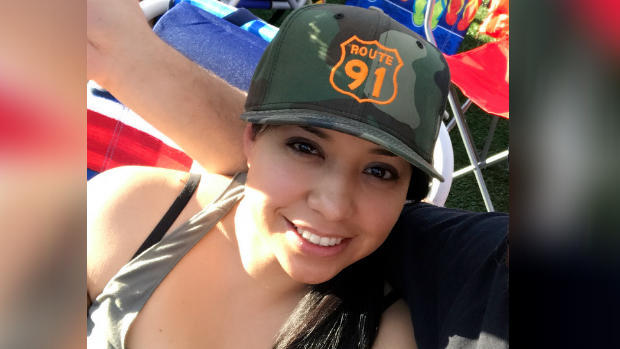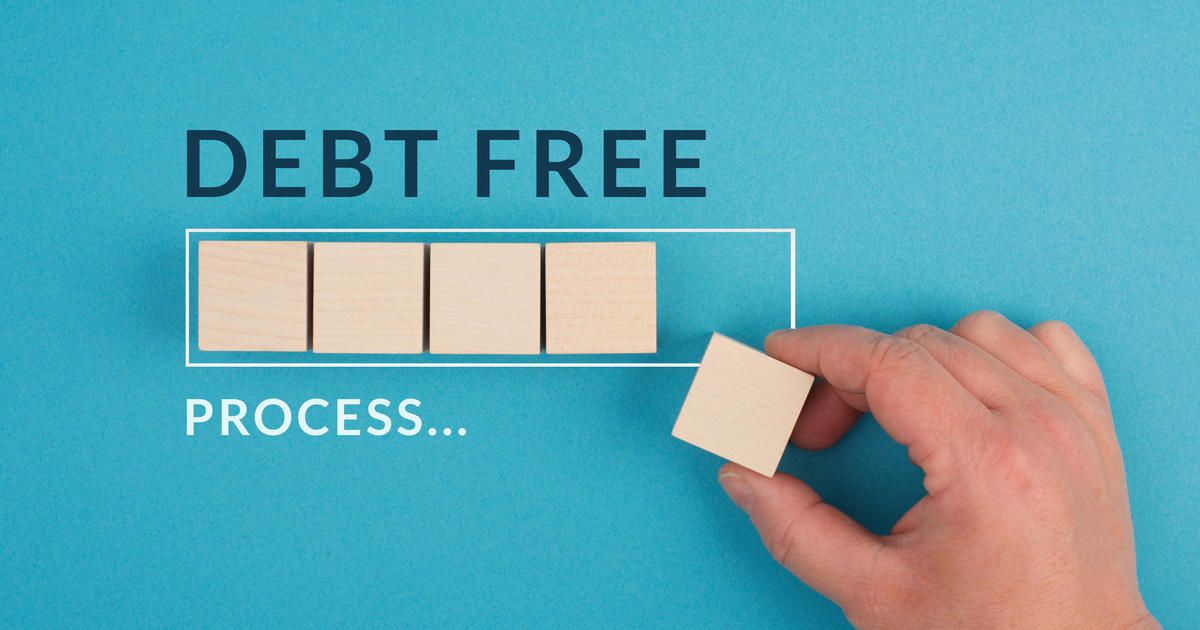Las Vegas shooting breeds scams to exploit victims
State and federal authorities are warning that con artists posing as family members of Las Vegas shooting victims are setting up fake Facebook and crowdfunding campaigns, hoping to siphon off donations intended for those killed or wounded in the attack.
Las Vegas Attorney General Adam Laxalt shut down a bogus Facebook page on Monday and said he is working with fundraising firm GoFundMe to track down other fraudulent donation sites.
"There continue to be sham charities and websites seeking to profit from this horrific tragedy," Laxalt said, while urging consumers to report websites and campaigns that they believe are suspicious.
Crooks habitually seek to exploit natural disasters and other tragedies, including the October 1 massacre at a music festival in Nevada, which killed at least 58 people and wounded hundreds of others in what is the deadliest shooting in modern U.S. history. Setting up overnight "charities" and bogus victim donation pages, criminals sometimes even use the names of real victims to attract financial contributions.
"Tugging at your heartstrings is a tried-and-true method scammers use to get to your wallet," said Emma Fletcher, a consumer education specialist with the Federal Trade Commission, in a consumer advisory issued Tuesday that warned of "suspicious requests for donations" related to the rampage in Las Vegas.
How can you help those truly in need following a catastrophic event or other tragedy without getting ripped off?
First, don't assume that a plea that you see on a friend's Facebook page is legitimate. Fake charity appeals have a way of spreading through social media sites with the same vigor as fake news. If a friend or acquaintance issues an appeal to help a victim of the Las Vegas shooting, the recent hurricanes or another incident, take the time to contact your friend separately. Ask how the person knows this victim and what the money will do to help him or her.
These are basic questions you should always ask before making a donation. Don't let the fact that the request came from a friend deter you from getting answers now. Often, you'll find that your friend simply shared a message from another friend without ever doing the due diligence necessary to see if the victim was real.
Also know that the shooting has spurred a real Las Vegas shooting victim's fund, which is working out an equitable formula to distribute the $10 million that the fund has raised to date, as well as any other contributions that come in. After past tragedies, these funds have worked with the National Center for Victims of Crime to come up with logical distribution formulas that would provide the biggest payments to those likely to suffer the most costly consequences. Nearly $61 million was raised in the wake of Boston Marathon bombing, for instance.
In that case, the fund's administrator provided payments of nearly $2.2 million to two victims who lost multiple limbs, as well as to the families of the four people who died. Other victims were compensated in amounts ranging from $1.2 million to $125,000, depending on how long their injuries kept them in the hospital. The formula for distributing funds to Las Vegas victims is likely to be similar.
Other tips for ensuring that your charitable donations end up in the right hands:
- If you want to give to other relief efforts, be sure to donate to charities that have a proven track record that you can check out with the Better Business Bureau's Wise Giving Alliance, Charity Navigator, Charity Watch or GuideStar. Legitimate charities may spring up in the wake of a disaster, but they are unlikely to be as effective as those that already have boots on the ground and established networks to help people in need of food, housing or medical care.
- Do not feel pressured to donate by phone or by someone who solicits you in person. High-pressure sales tactics are tools of crooks, not real fundraisers.
- Fundraisers should also be willing and able to direct you to their IRS form 990 filings, an annual report that must be filed with tax authorities by any organization that wants to take tax-deductible contributions.
- Also be suspicious of solicitations you get in emails or via text message. Anything that urges you to click on a link to donate could easily direct you to a malicious site that downloads malware into your computer system or phone.
Finally, think about your own goals when you are making a donation. Are you trying to help victims defray their medical expenses? Help their families pay bills in the wake of the loss? Send their kids to college? If you are clear on what you most want to accomplish, you will be in a better position to find the charity that can use your dollars in the way you aim to have an impact.





